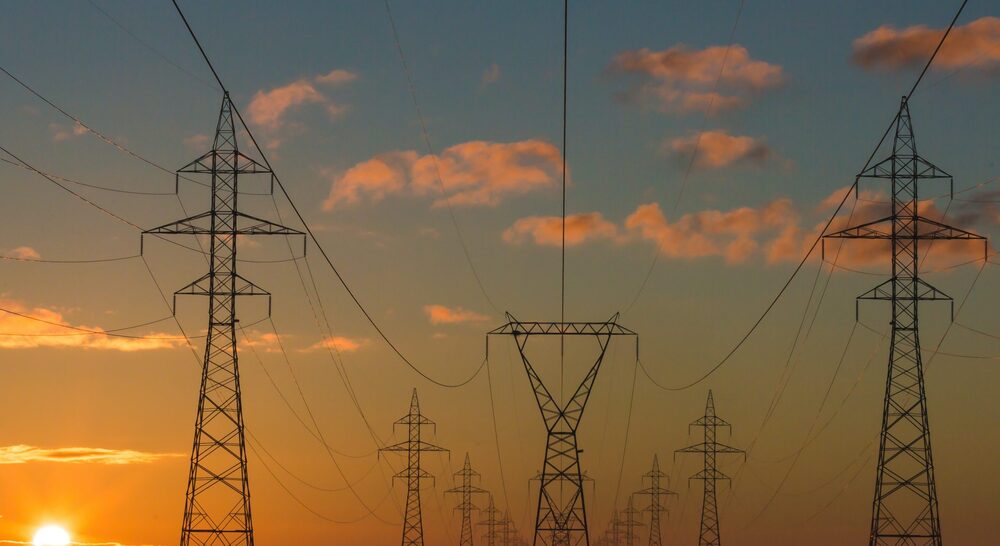European Union countries are currently debating plans to increase the bloc’s renewable energy target to 45% by 2030, in line with European Commission proposals presented in May this year. The revised target was put forward as Europe seeks to move away from Russian fossil fuels “well before 2030” in a bid to stop funding the Kremlin’s war effort. But EU member states are reluctant to support the 45% target, according to a document summarizing the position of EU capitals ahead of a meeting of EU energy ministers. Instead, most EU countries prefer to stick to the 40% target put forward by the Commission in July 2021, according to the document prepared by the Czech Republic, which currently holds the EU’s six-month rotating presidency. “Member states will collectively ensure that the share of energy from renewable sources in the final gross energy consumption of the Union in 2030 is at least 40%,” the document says, referring to the 2030 target that EU countries signed in a previous meeting. in June. According to European diplomats in Brussels, there is currently no majority in favor of the higher target, with some key countries such as France, the Netherlands and Ireland so far refusing to adopt the 45% target. “The text proposed by the Presidency shows 40% and that is fine with us. We are ready to support the general approach,” said an EU diplomat who spoke to EURACTIV on condition of anonymity. Europe currently gets just over 22% of its energy from renewable sources such as wind, solar and biomass. Nine EU countries come out in support of the 45% target. Meanwhile, several other countries are pushing for higher ambitions. They include Austria, Denmark, Estonia, Germany, Greece, Lithuania, Luxembourg, Portugal and Spain, which have issued a joint document supporting the 45% target. Finland is also understood to support the 45% target, but has so far not signed on, according to sources familiar with the matter. Sweden, meanwhile, is supportive but holding back as they are set to take over the EU’s six-month rotating presidency from the Czech Republic on January 1 and are expected to maintain a neutral stance. Wind industry says priority is to ensure targets are met Campaigners have criticized the Czech EU presidency for failing to back higher ambitions for renewables and stick to the 40% target originally put forward the Russian war in Ukraine. “This attempt by the Czech presidency to reach a lower target undermines the EU’s commitment to its people and to Ukraine,” said Seda Orhan, a renewable energy campaigner at CAN Europe. Pieter de Pous from the E3G climate expert group described the 40% target as “inadequate” and urged major EU member states such as France to take a clearer stance in favor of more renewables. “France, Ireland and the Netherlands have so far remained silent on the issue and would need to support 45% to reach a deal that would burden the EU’s efforts to reduce its dependence on gas,” said de Pous. SolarPower Europe, a trade association, has come out in support of the 45% target, saying it would put Europe on a path to meet its climate commitments. But the wind industry has taken a more nuanced stance, saying the priority is to ensure targets can be met. “The new targets are great, but EU member states must also ensure that these targets can be met,” said WindEurope CEO Giles Dickson, who urged EU countries to set aside enough for wind energy projects and improve permits. “Today’s permit procedures are too complex and too long to get close to the 40% or 45% target,” he told EURACTIV. Increasing wind power production will also require “huge investment” in production capacity, as well as investment in supporting infrastructure such as grids, ports and ships. “Unless these problems are addressed, any updated 2030 renewables target remains academic.” What we need are sound industrial policies for renewables,” Dixon warned.


